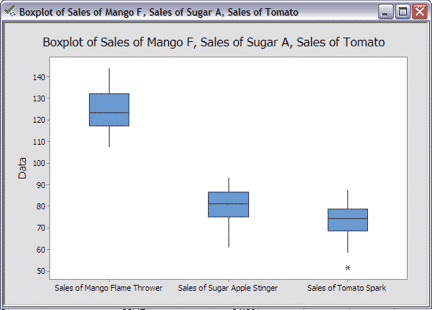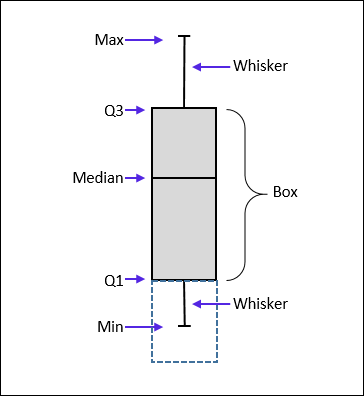

However, straw is not easily degraded under natural conditions, especially in low-temperature areas, implying that the application of in situ processing technology can be severely limited (Gong et al. In situ straw return is an effective way to recycle straw resources, having the advantages of increasing soil fertility and regulating the soil microbial environment (Yang et al. With the ongoing development of global agriculture, discarded crop straw severely impacts agricultural sustainability and the wider environment (Harrison et al.


The results showed that CFF application significantly affected the α-diversity of bacterial communities and changed both bacterial and fungal community structures, enhancing the correlation between microbial communities and soil-moisture content. To this end, we explored the effect of the compound bacterial agent CFF constructed using Pseudomonas putida and Acinetobacter lwoffii, developed to degrade corn straw in low-temperature soils (15 ☌), on indigenous bacterial and fungal communities under dry (10% moisture content), slightly wet (20%), and wet (30%) soil-moisture conditions. Moisture is an important factor affecting microbial activity however, owing to a lack of bacterial agents adapted to low-temperature complex soil environments, the effects of soil moisture on the interaction between exogenous bacterial agents and indigenous soil microorganisms remain unclear. While the in situ return of corn straw can improve soil fertility and farmland ecology, additional bacterial agents are required in low-temperature areas of northern China to accelerate straw degradation.


 0 kommentar(er)
0 kommentar(er)
